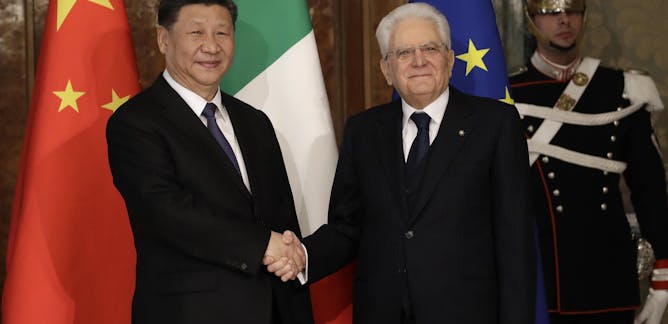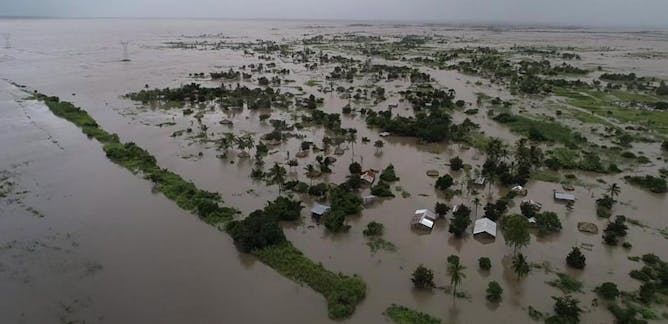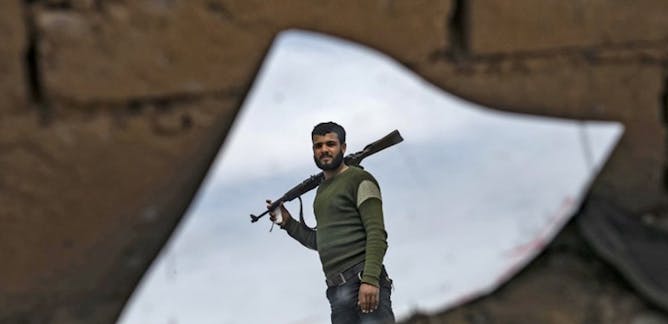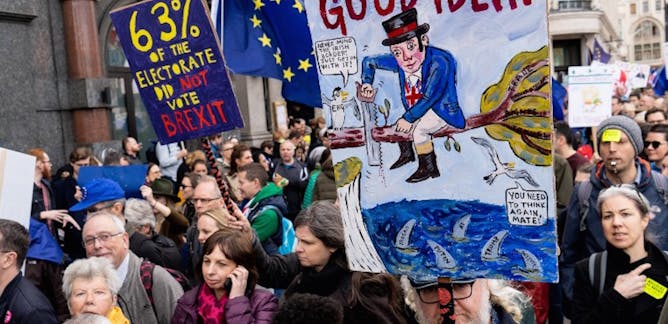|
The idea of an all-seeing god who rewards the virtuous and punishes the wicked is a staple of world religions today. But it wasn’t in small-scale, traditional societies. So when did these moralising gods emerge – before or after the rise of civilisations? It’s a question researchers have been pondering for decades. Now, thanks to a huge new database of world history called Seshat, a group of researchers have an answer.
Nearly a third of all fish products don’t match the species stated on the label or food menu. This is either deliberate - when companies want to make more profit by passing off a lower value species for more expensive ones - or because of misidentification. Jaco Barendse explains that to prevent seafood fraud consumers must demand that companies use systems that certify where the product comes from.
Felix Tshisekedi has been the president of the Democratic Republic of Congo for just a month. The election outcome has been accepted by all parties, but questions remain about where power really lies in the country and whether he can exercise power to run the country. As Albert Kasanda argues, the hard truth is that Tshisekedi will probably be forced to enter into an alliance, or he’ll have to form a coalition with his opponents. Both are unfavourable.
|

What came first – all-seeing Gods or complex societies?
God the Father and Angel, Guercino Giovan Francesco Barbieri via Wikimedia Commons
Harvey Whitehouse, University of Oxford; Patrick E. Savage, Keio University; Peter Turchin, University of Connecticut; Pieter Francois, University of Oxford
God only started watching over us quite recently, according to a new study that analysed 414 societies from 30 world regions.
|

There’s a huge amount of seafood variety that can come in many forms.
Dulce Rubia/Shutterstock
Jaco Barendse, Nelson Mandela University
Our new paper titled ‘DNA barcoding validates species labelling of certified seafood’ presents the largest and most comprehensive assessment of MSC-labelled products to date.
|

Former DRC President Joseph Kabila congratulates President Felix Tshisekedi at his inauguration.
EPA-EFE/Hugh Kinsella Cunningham
Albert Kasanda, Czech Academy of Sciences
The Democratic Republic of Congo's new leader Felix Tshisekedi is being undermined by the outgoing regime of Joseph Kabila.
|
Business + Economy
|

Winnie King, University of Bristol
Italy is neither the first, nor will it be the last European economy to follow its own national interest and look for Chinese support.
| |

Ryan P. Mulligan, Queen's University, Ontario
Climate change is making hurricanes more destructive, and may have boosted the intensity of cyclone Idai that hit East Africa last week.
|
|
|
Science and Technology
|

Karen Boyle, University of Strathclyde
A new book makes a devastating case about the damaging effects of unconscious bias in a world skewed heavily towards men.
| |

Jonti Horner, University of Southern Queensland
We're finding more near-Earth objects all the time, and the challenge is to identify those that could potentially hit us. So how come we missed one that caused a huge blast in December?
|
|
|
En français
|

Marc Hecker, Sciences Po – USPC
Si le califat de Daech s’est effondré, crier victoire est largement prématuré. La lutte contre le terrorisme promet d’être longue, à l’extérieur de nos frontières comme sur le territoire national.
| |

Elsa Bernard, Université de Lille
Tout reste encore envisageable, mais c'est au Royaume-Uni qu'il revient de prendre une décision avant le 12 avril, et d'endosser enfin la responsabilité de ses choix, quels qu'ils soient.
|
|
|